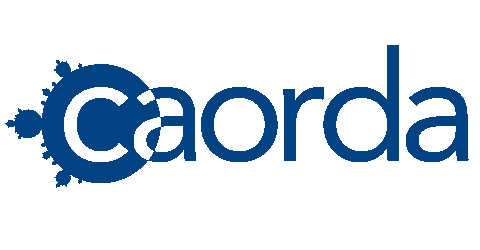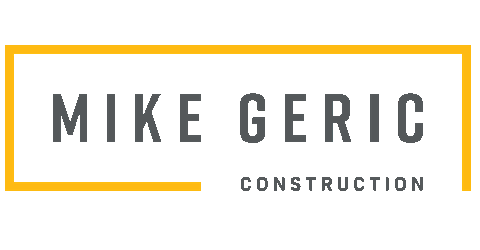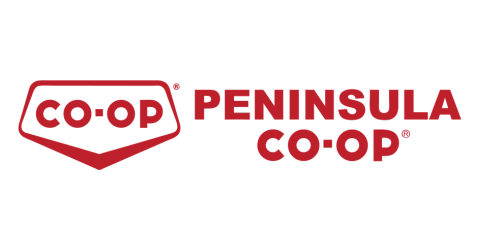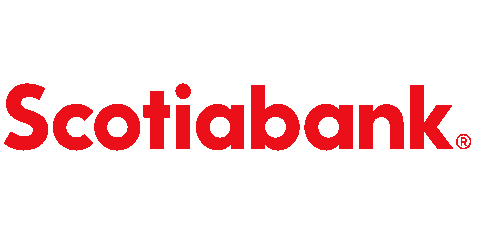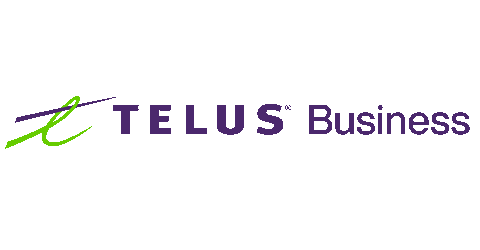Trends emerging that can help business plan for post-pandemic world
As we continue to adapt to new ways of doing business, we are starting to get a much clearer idea of what lies ahead. This is good news for businesses that have been forced to leap into the future sooner than planned. Knowing where we’re going can help an organization ensure it has the capacity and resources to fulfil its potential.
RBC recently published an excellent article titled “Eight ways COVID-19 will transform the economy and disrupt every business.” Written by John Stackhouse, former Globe and Mail editor and current Senior VP at RBC, the piece highlights a few ways we might eventually be better off despite the unprecedented pace of change.
For example, the pandemic has accelerated technological adaptation, forcing us into the future much sooner than any of us expected. The way we work has changed forever, Stackhouse says. Three-quarters of Canadians are hoping to continue working from home in some way after restrictions ease. That’s going to require new ideas for managing employees, and new challenges to ensure the networks we use to communicate are secure.
We’ve also experienced a profound shift in how we shop. The great news is Canadians have overwhelmingly embraced calls to “buy local.” Online shopping, for many years, has been a nebulous threat for brick-and-mortar businesses. But with 78% of Canadians choosing Canadian brands, the pandemic has shown that people are more than willing to support local businesses if doing so is convenient. To add a dimension of engagement to shopping local we have a social media campaign underway titled #ChamberLocalVicBC. Chamber members define how they are local by completing the sentence “We are local because…” This is a means to help followers better understand what local really means.
Travel has also refocused on local experiences, with people staying close to home. There is no question Greater Victoria’s tourism sector is suffering, but Stackhouse’s forecast offers a few reasons for optimism. He’s predicting higher demand for wilderness tourism experiences, as well as high-end destinations within driving distance of major population centres. Time will tell what that means for the South Island, though, the loss of another cruise ship season will hurt. We need all levels of government to make sure our larger hotels and private transportation providers have an opportunity to survive and get back to contributing to our economy.
The pandemic has also caused disruptions to the way we trade, how we learn, how we share and how we heal. To this last point, at The Chamber we’ve noticed an increase in interest in our Teladoc benefit which allows Chamber members 24/7 access to doctors and mental health professionals virtually.
Many of Stackhouse’s points are echoed in another excellent article put out by MNP, about the top risk management trends for 2021. MNP calls the shift to working online a “cyber tsunami” that creates an opportunity for tech services, as companies update their culture and strategy to align with remote working. “Now that team members understand remote options are viable, it’s likely they will expect greater autonomy, flexibility, and trust from employers,” MNP’s article says. “At the same time, employers need to re-evaluate how they create cultural alignment and support employee engagement.”
I should mention that RBC and MNP are Chamber Champions, a new echelon of membership we introduced this year. In addition to the leadership both companies are exhibiting nationally, this demonstrates their local leadership. Champions help provide stability for The Chamber, and offer support and guidance to our organization. It’s one way we’ve adapted to the new reality facing businesses now, and for years to come.





